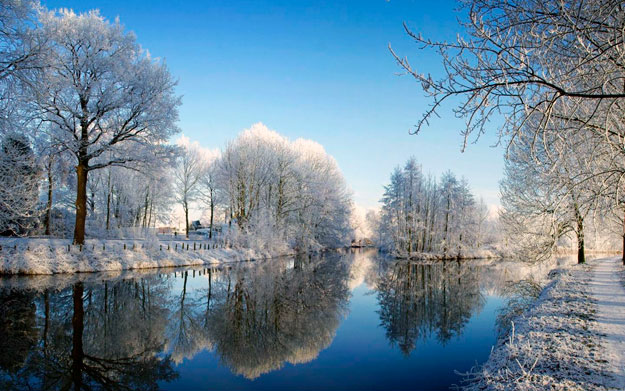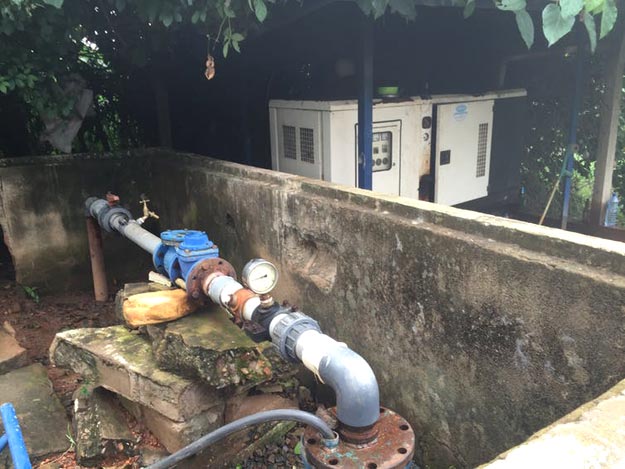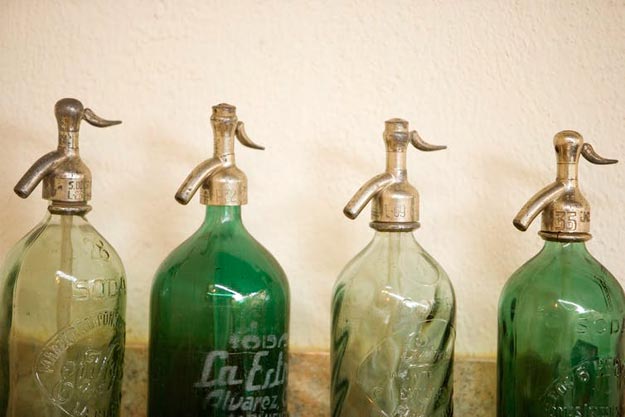National poet of Uzbekistan
Alexander Fainberg

Somewhere, far away in the infinite outer space, a spacecraft has descended on a waterless lifeless planet. Silence and total vacuum encircle it. And along all the sides of the horizon stone gallets are lying on the surface – one can see the writing cut out on the stones extant from time immemorial.
1. “You, who have arrived in here, read the tables of my history. We used to live here”.
2. “Tides of sea waves, melting snow and glaciers, rains, wells and springs, rivers and oceans – all these used to be Water. It had been granting life to grass and flowers of meadows, to trees, to every living thing, and, of course, to us – human beings”.
3. “A drop of water. A mere drop of water. – However, the entire boundless universe of ours was reflected in it. And there was nothing on the Earth that could have been more valuable than water”.
4. “I have seen too many defective shut-off cocks of water supply tubing leaking water and evaporating it. Too much poison has been discharged into purest water! And as to me, I just used to go by with no regard to this disorder.
And no thoughts had crossed my mind as to striking the bell to sound the alarm”.
And how about now? What is to be done nowadays?
It’s too late, it’s too late, and it’s too late….
5. “We have forgotten all about our thoughtlessness and insatiable craving for momentary wealth – thus making the deathbed for ourselves”.
6. “Over there – where there used to be the oceans – former submarines, airplanes and wreckage of missiles are rotting lying on the dry soil”.
7. “Water…dried up lips whisper: “Give me water” – Water…”
“We badly need water; – goitered gazelles mumbled reaching out their necks for empty riverbeds”.
«Water… – begging wail of wolves was heard amidst dead standing trees”.
8. “Who now needs precious stones, gold, tankers full of oil? Where are all those pleasure yachts, luxurious villas together with paupers’ jerry-built shacks? All living quarters have become deserted and reduced to dust”.
9. “Water is God’s living creature and it could not indefinitely forgive us for our insanity. How many times had it warned humans through inundation and tsunami?! How many times it punished humanity in alliance with hurricanes through sinking oil tankers and flooding cities. Everything had been to no avail”.
“Will unawareness exist forever?
Who can endure tortures’ despair?
Where’s a benchmark for me to compare?
Animals’ howls at the Paradise level?
10. “Among perished birds, fish, lizards there are motionless bodies of children, men and women, elderly people…Instead of flowers and grass scents brought with breath of spring wind, stink and decay odors reign. There is not a single cloud in the sky. What ever have we done?!”
11. “One of the keynote mistakes of ours was wrecking overuse of water. Our attitude to water had been reckless, as if it was something granted to us for good and all. But nothing can be forever. I realized it when the last drop of water on this planet started disappearing on my palm, reflecting not green hills, not leafage and conifer needles, but a hillside covered with black scorched grass.”
12. “Yesterday, looking at the sky, I wailed suffering from lack of water. I wailed like a solitary beast. I was not aware of being a human creature…”
13. “Clogging and littering water bodies granted to us including mountain springs and oceans we did not deem that our behavior had been destroying Nature – Nature that had created ourselves – and that ruin of water was our own death”.
14. “Blaze of nuclear disaster is a tragedy. But more terrifying is global aridity. We have perceived it, and it turned out to be our last cognition.”
15. “Having irresponsibly changed river channels we got salt-affected dry land instead of heavy harvest…”
16. “I cannot conceive what it was…, really. It was long ago, very long ago indeed. Torrential rain was pouring on asphalt roads. And concurrently street washer motor lorries were crawling along the roads, splashing water – fountains of pure sweet water. Was it idiocy on the part of the drivers or they were just implementing orders of their senior clerks? At any rate, both of these assumptions were beyond my understanding at that time and are still inconceivable at present”.
17. “Isn’t it assault and battery to water when murderers throw bodies of killed victims down into water with stones fixed to their necks? And how about fire pumps and hoses applied against public demonstrations? Was it the objective pursued by mountain springs giving birth to rivers breaking through rocks and making riverbeds in lowlands?”
18. “There is no getting away from the truth –
When dying, people recall their youth.
Daytime – the sun in the sky; stars – at night.
Splashes of water. Water was always right.”
19. I am the last Man on the Earth. And if you got me right, then tell to your fellow-countrymen about everything in your parts of the Universe from where you arrived here…Take care of water, spare water, protect water. Do not repeat our mistakes and misfortune…Do not repea…”
It was the last stone gallet. The rest of them were lying along all sides of the horizon and there was nobody who could have cut anything else on those gallets.








